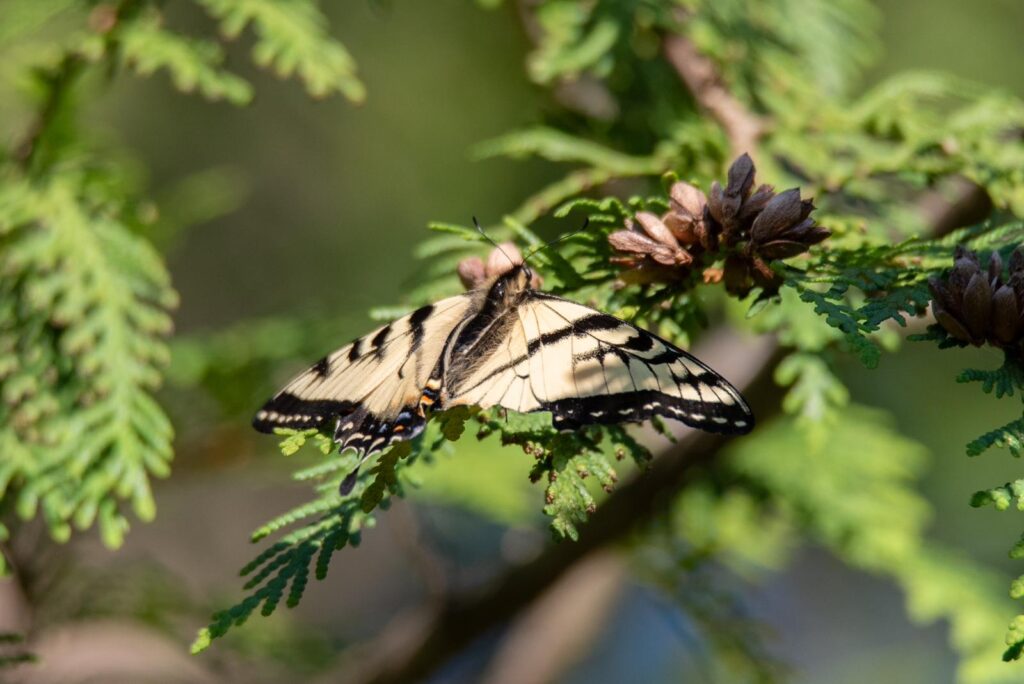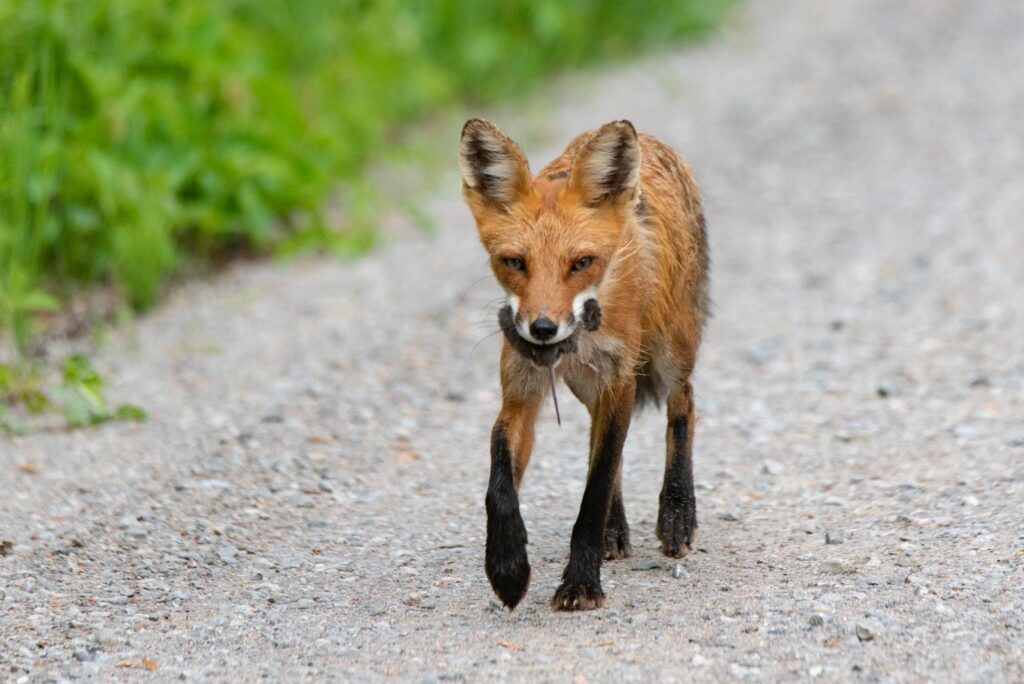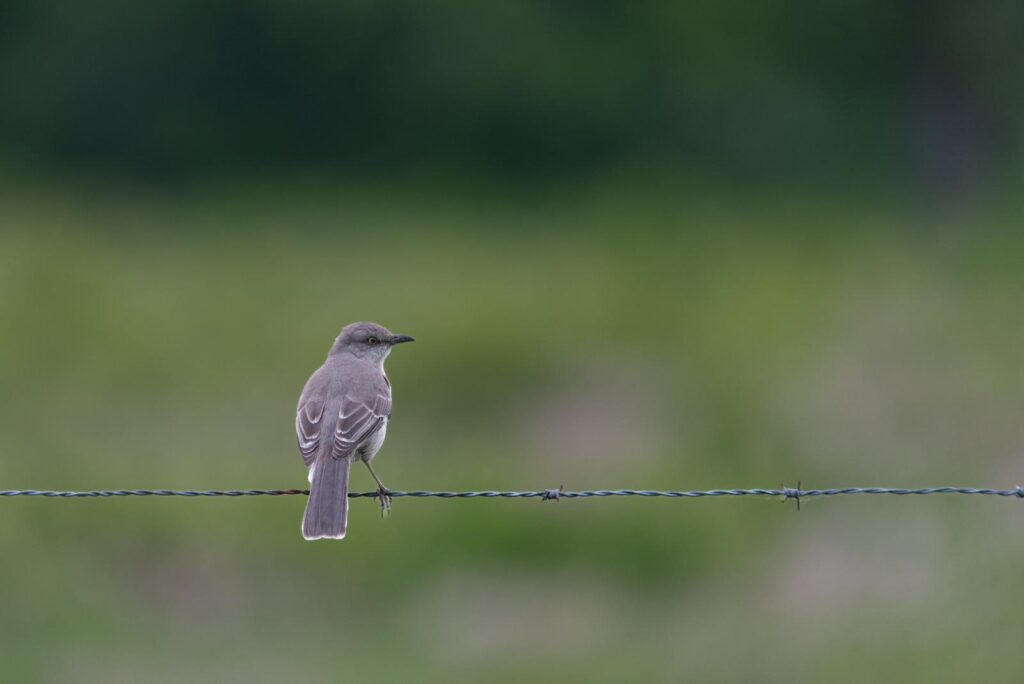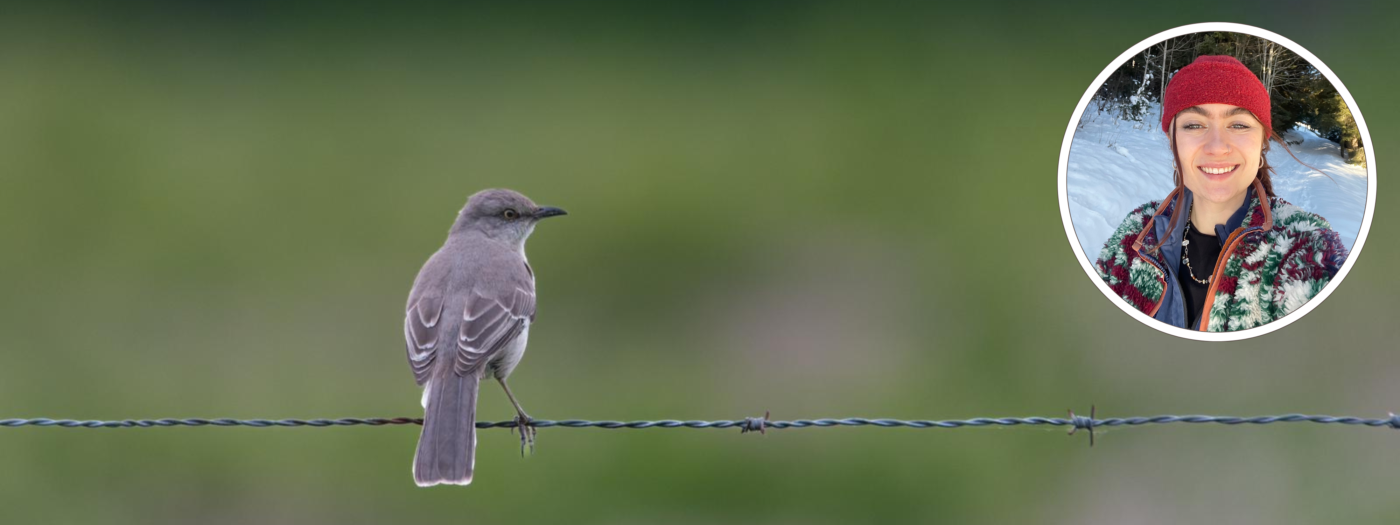As a birding novice—and first-time visitor of Canada—the 2024 Carden Challenge was an unforgettable introduction to species identification, and a unique opportunity to discover the region’s wildlife.
Taking place annually on the Carden Alvar, the challenge is a birding event and fundraiser hosted by the Couchiching Conservancy. The Alvar is a unique and globally rare habitat, characterized by flat plains of limestone bedrock and harsh environmental conditions. Flooding and drought are commonplace, limiting tree-growth, and the soil layer is shallow or non-existent. The result is a rich and varied ecosystem; a diversity of resilient flora and fauna adapted to the Alvar’s distinct geological and environmental characteristics.
In the run-up to the event, participating teams, who may be recreational or competitive, raise funds for the protection of the Carden Alvar and its abundant biodiversity. Then, the birding begins: an intense 24 hours of species identification within a 24-kilometer radius circle. This year, approximately 90 birders, ranging in age and expertise, took part in the 20th annual challenge.

My first real birding experience was just two weeks prior, in Point Pelee National Park. Birding in this migration hotspot threw me straight into the deep end, and I quickly learned various species’ key identification features, such as field marks, behavior, habitat, and voice. Equipped with this new knowledge and a substantial stack of field guides, I was able to help my group accurately identify birds and other species throughout the Carden Challenge. I was fortunate to be on a team with Toby Rowland, the conservancy’s highly-skilled conservation biologist, who shared with us a wealth of birding expertise.
Our group was one of five biodiversity teams; we had the additional challenge of identifying Carden’s various mammals and invertebrates. This initially seemed overwhelming, with so many potential species to spot. However, I found the biodiversity element a highly valuable opportunity to learn about a wider variety of the Alvar’s inhabitants, from the long-tailed weasel to the northern watersnake. Visiting Canada from the North West of England, almost every creature was a first-time sighting for me; beavers, muskrats, painted turtles… each as remarkable and intriguing as the next.

My favorite observations were primarily birds, the aspect of the challenge shared by all teams. Personal highlights include hearing the distinctive call of an American bittern and later seeing one fly overhead; spotting a family of sandhill cranes; and succeeding to identify various species independently, such as killdeer.
A group highlight was undoubtably the sora—our team name was ‘A Sight for Sora Eyes’, and we evidently had to spot our namesake. We were also thrilled to identify two loggerhead shrikes within the final five minutes of the challenge. Learning about the elusive shrike’s endangered status made the sighting all the more special—100% of the funds raised by the Carden Challenge help to protect species such as the shrike living within the unique ecosystem of the Carden Alvar.

Another personal highlight was not related to the species, but instead, the people. There was an incredible sense of community and collective enthusiasm throughout the challenge, where birders excitedly exchanged their sightings and advice, despite the event’s competitive aspect. This camaraderie was particularly evident as the challenge came to an end—teams gathered to share their experiences over a group supper and presentation of prize winners. This year, we collectively identified 215 species, including 153 birds, and raised over $33,000. It was inspiring to see such a diverse group of people passionate about protecting the Alvar and its many inhabitants, and I greatly appreciated the welcoming nature of the event.

The Carden Challenge is an eye-opening, immersive way to learn about the Carden Alvar and its incredible biodiversity. I would highly recommend this unique experience to anyone with an interest in wildlife conservation, and hope I can return to participate again in the future!

Article by Amy Huxtable

